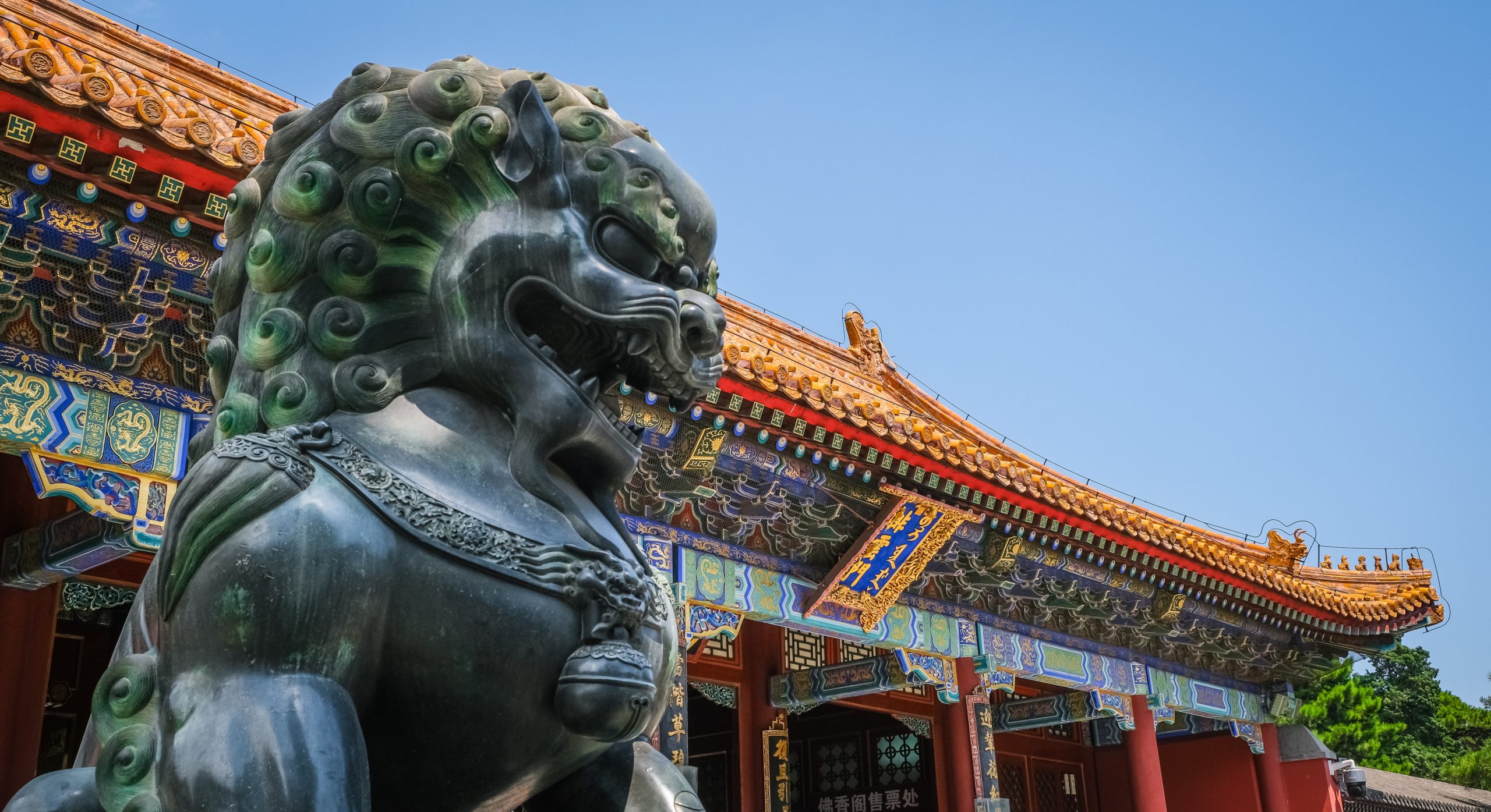Recently, I have blogged a few articles about the scholarly discussion of China’s global influence. And yes – there are more to come! Today, I continue to introduce three readings that I have read recently, which are about China’s global influence in different policy sectors.
(Article) China’s approach to global fisheries: power in the governance of anti-illegal, unreported and unregulated fishing
This study is leaded by one of my friends and collaborator Dr. Annie Song. She and her co-authors examine China’s evolving approach in global fishery management. China emerges as a key player in anti-IUU (Illegal, Unreported, Unregulated) fishing. It wields its influence both domestically and internationally to shape the rules governing this contentious issue. On the home front, China implements policies aimed at curbing IUU fishing activities. Strategies include controlling the number of Distant Water Fishing (DWF) vessels, enforcing regulations within the DWF industry, and imposing fishing moratoriums in specific high seas regions. These domestic measures not only adhere to anti-IUU fishing norms but also underscore China’s commitment to tackling this global problem.
Internationally, China actively engages in negotiations and plays a pivotal role in setting rules related to anti-IUU fishing. Participation in international fisheries platforms allows China to shape the definitions and regulations related to IUU activities. This deliberate involvement serves as a manifestation of China’s institutional power, strategically influencing and shaping rules that align with its own fishing interests. By doing so, China aims to safeguard its DWF endeavours and protect its geopolitical concerns on the world stage.
China’s efforts in both domestic and international institutions reflect its broader ambition to bolster its productive power in global fisheries governance. Aligning its maritime actions with the rules it helps establish positions China as a legitimate actor in the international community. This productive power not only grants China influence but also garners recognition as a legitimate maritime force in the complex arena of global fisheries.
Overall, this article gives an alarm to Chinas increasing role in shaping domestic and international regulations on in fishery management. The globe should be aware of China positions itself as a significant and legitimate player in the global maritime domain.
(Article) Chinese influence through technical standardization power
In the complex landscape of geo-economic rivalry, the battle for technological dominance has become more critical. Therefore, technical standards emerge as a battleground. In recent years, China strategically harnesses technical standard-setting to empower its party-state. This article by Tim Rühlig examines China’s behaviours in becoming a technical standardisation power.
Rühlig suggests China’s influence on technical standardisation is measured through seven way, which extends far beyond mere technological prowess. The heart of China’s approach lies in shaping international standards through active participation in standard-setting organizations (SDOs). By influencing these standards, China advances the adoption of its technologies globally, granting its companies a competitive edge in the international market. Relatively, it set technical standards barriers for foreign competitors. This enables Chinese companies to dominate local market access.
In addition, technical standards, vital in supply chain dynamics, offer China a means to establish dominance. By setting widely adopted standards, China secures a pivotal role in global supply chains, controlling critical technologies and infrastructure. This not only strengthens its economic leverage but also places Chinese companies in a position of influence on a global scale.
Additionally, China strategically employs technical standardisation as a conduit for technology transfer. Foreign companies seeking market access often find themselves compelled to transfer technology to Chinese counterparts, bolstering China’s technological capabilities and enhancing its economic influence.
Overall, with great access of the global market. China’s promotion of its technical standards positions it as a dominant player in key industries. This not only allows China to set the rules but also shapes technological development, solidifying its economic influence both domestically and internationally. As Rühlig points out, China’s mastery of technical standardization emerges as a strategic tool. It ensures a commanding presence on the global economic stage.
(Article) China’s marine fishery and global ocean governance
Another article on China’s expansion on marine fishery. This paper, written by Hongzhou Zhang and Fengshi Wu, looks at development of the fishery industry, then suggest its impact to global ocean governance.
The article suggests that China’s marine fishery sector has undergone two pivotal changes: China’s outward expansion and its pursuit of high market value species. These shifts, while propelling China to possess the world’s largest fishing fleet and industry, have raised concerns globally.
One consequence is the mounting pressure on marine ecosystems. Chinese companies and fishermen, in their quest for profit, have engaged in illegal harvesting of endangered marine species. This reckless activity not only depletes these species but also exacerbates the fragility of already stressed global marine ecosystems.
Moreover, the outward expansion has led to increased illegal fishing incidents and disputes, creating challenges for international cooperation. Tensions between China and neighbouring countries have flared, hindering collaborative efforts in managing shared marine resources. The result is a strained global governance framework, impeding the establishment of effective regulations.
The paper then moves on discussing China’s domestic policies and development strategies in shaping its marine fishery sector. However, obstacles rooted in socio-political settings and global governance have hindered policy reform and enforcement. Not to mention, the weak law enforcement undermines efforts to ensure marine sustainability and international cooperation in China.
Although the piece was written in 2017, I still find it very useful. Arguably, China has already done a lot on addressing sustainable fishing than before. However, it is still a controversial player. Perhaps, this article can explain some of the obstacles – whether China really has the capacity to address its own IUU fishing problem in distant waters?

